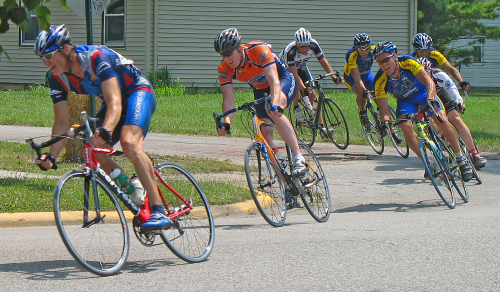Being selected to host the Olympics means the eyes of the world will be firmly fixed on a city, and a report prepared by commercial real estate firm Jones Lang LaSalle states that the London 2012 Summer Games will be the greenest ones to date. The report, entitled “Olympian Steps for Sustainability,” examined sustainable development in host cities over the past 20 years. It focuses on the idea that developers of venues for events and Olympic Villages need to be aware of the environmental and economic impact of hosting the Games, both during and after the event.

The concept that the Olympics should be staged in an environmentally-friendly manner first came into focus in 1994. At that time, the International Olympic Committee added the word “Environment” to “Sport” and “Culture” as its guiding principles. Since that time, Games organisers have been increasingly focused on sustainability when planning for the use of the sports venues and residences after the Games’ closing ceremonies.
Poor air quality was a concern during the 2008 Beijing Olympics, despite over £10 billion being spent on environmental improvements, including a 126-mile ring of trees around the city to reduce dust and pollen levels, increased vehicle emission standards, and planting 30 million trees and shrubs in the city. Despite these measures, the level of air contaminants in Beijing was still higher than in other host cities.
London Olympic Games organisers worked with BioRegional and the World Wildlife Fund (WWF) to develop an initiate called the “One Planet Olympics.”
The Jones Lang LaSalle report lists strategies which will be implemented to ensure that the 2012 Games in London are environmentally friendly, such as developing venues which use 30-40 per cent less drinkable water than standard, developing renewable energy, and pledging to re-use 90 per cent of demolition waste. Other strategies listed in the report include creating 45 hectares of wetland habitat and 675 boxes for flying animals within the Olympic Park.
The buildings created for use during the Games, including the 17,000 flats to house the athletes and commercial properties which will be operated as shops, will contain sustainable design elements. When assessing residential and sports sites for the Games and uses for civic and commercial properties afterward, Jones Lang LaSalle considered environmental and economic sustainability. The company will be acting as leasing agent for some properties after the Games.